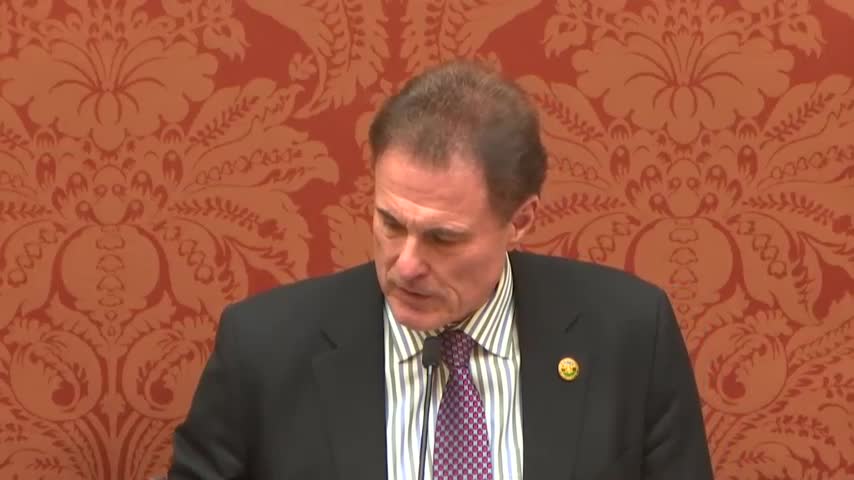House approves change to school-zone penalty threshold after debate over crossing-guard burden
Get AI-powered insights, summaries, and transcripts
Subscribe
Summary
House Bill 225, which revises how school-zone speeding is handled and raises the threshold for assigning compensatory service in some cases, passed the House after floor debate about whether the change reduces deterrence and whether crossing guards are placed at risk.
House Bill 225, a bill proposing changes to school-zone speeding penalties and how compensatory service for offenders is assigned, passed the Utah House Feb. 19 following floor discussion about safety, deterrence and the burden on crossing guards.
Representative Carol Moss, sponsor, said the bill responds to concerns raised by local police chiefs and crossing guards. Moss said current practice sometimes assigns offenders to “observe a crossing guard” as compensatory service, which can take officers or crossing volunteers away from other duties and place strain on crossing-guard volunteers. She said the bill would raise the threshold for assigning that duty on a first offense to more egregious speeds in some circumstances and preserve judicial discretion.
During floor questions Representative Karen Chu and others expressed concern that raising thresholds could signal a softer stance on speeding through school zones. Moss said the bill retains substantial monetary penalties for many speed ranges and aims to avoid imposing compensatory duties that make crossing-guard duties less safe or harder to perform.
After floor debate the House recorded a roll-call vote: House Bill 225 passed the House with 45 yeas and 26 nays and will be transmitted to the Senate for further consideration.
Discussion vs. decision: the debate centered on balancing deterrence for dangerous speeding with the practical effects of assigning compensatory service to observe crossing guards. The sponsor emphasized local police chief input and the effect on volunteers and officers; opponents worried about public-safety signaling and deterrence.
Votes at a glance: House Bill 225 — Passes House; recorded tally 45 yeas, 26 nays.
Next steps: the bill will be sent to the Utah Senate.
